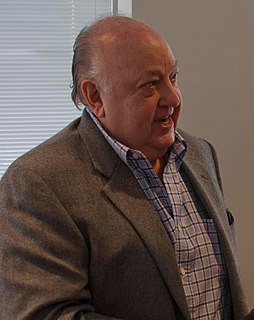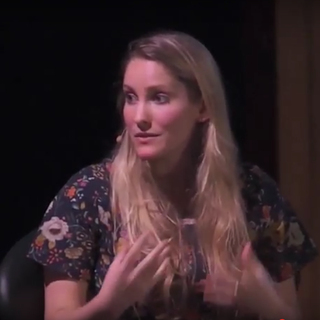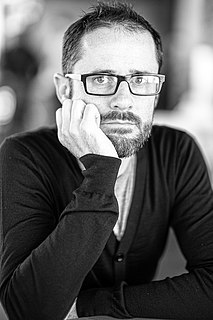A Quote by Lionel Barber
In the summer of 2009, I modestly predicted that most major news organisations would be charging for content within 12 months. Charging, I argued, would not only plug the revenue gap; it would also help to re-establish value in their news product.
Related Quotes
I'm confused about who the news belongs to. I always have it in my head that if your name's in the news, then the news should be paying you. Because it's your news and they're taking it and selling it as their product. ...If people didn't give the news their news, and if everybody kept their news to themselves, the news wouldn't have any news.
No one would suggest completely ignoring news about your investments. Enron investors, for example, would have been well served to sell once early reports of accounting irregularities surfaced. But the key is to keep news in context and act only if further reflection or study indicates that the core thesis for an investment has changed.
When I was leaving NBC News to go to CNN, people would say, 'What?! Why would you possibly leave the 'Today Show' to go to cable?' If I would've listened to people, I would've been on a great platform, but I wouldn't have grown as a journalist. So far, most of the steps in my career have been really good.
































